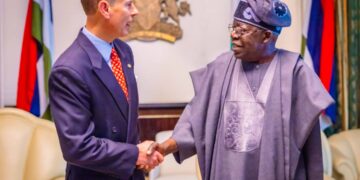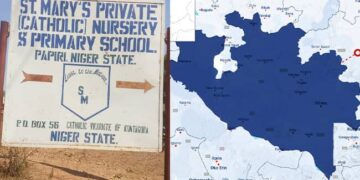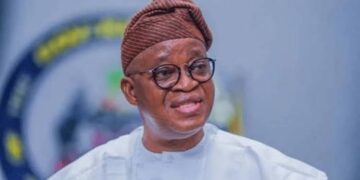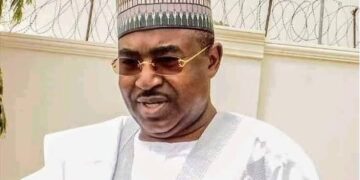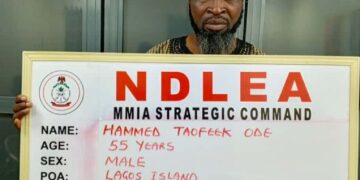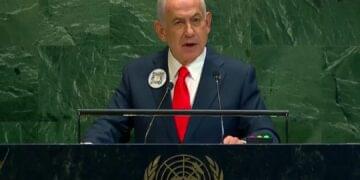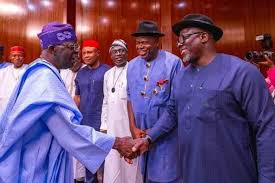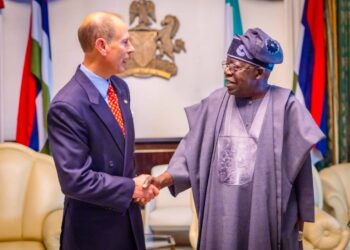How do Nigerian governors become so rich while in office
Nigerian governors often become exceedingly wealthy during their time in office due to a combination of unchecked power, weak accountability systems, and systemic corruption. Here’s a breakdown of how and why this happens:
1. Control Over State Resources
• Governors in Nigeria function as de facto CEOs of their states.
• They oversee federal allocations, internally generated revenue (IGR), loans, and donor funds—with minimal checks.
• Many manipulate budgets and award inflated or fictitious contracts to cronies or shell companies, then collect kickbacks.
2. Lack of Transparency
• State financial records are often not publicly accessible.
• Budget implementation reports are rarely audited or independently verified.
• State Houses of Assembly—meant to provide oversight—are usually under the governor’s control due to patronage and party loyalty.
3. Security Votes (Unaccounted Cash)
• Governors receive “security votes”—monthly funds running into billions of naira, meant for intelligence and safety operations.
• These funds are not audited, not taxed, and not subject to legislative oversight, making them a prime source of discretionary wealth.
4. Political Patronage and Nepotism
• Many governors appoint friends, family, or loyalists to lucrative positions and contracts.
• These allies funnel money back to the governor directly or through political donations, campaign funds, and hidden investments.
5. Asset Laundering
• Wealth is often hidden via:
• Front companies
• Real estate (local and abroad)
• Foreign bank accounts
• Shares in private companies under aliases or proxies
6. Weak Anti-Corruption Enforcement
• Agencies like EFCC and ICPC are often selective or politicized.
• Many governors enjoy immunity while in office, and post-office prosecutions are rare or slow.
• Even when caught, many secure plea deals with minimal consequences.
7. Post-Governorship Influence
• Ex-governors often become senators, party leaders, or godfathers, maintaining influence and protecting their wealth.
• Some even appoint their successors, ensuring loyalty and continued protection.
Examples of Wealth-Linked Scandals
• Several ex-governors have faced EFCC investigations, including:
• James Ibori (Delta)
• Orji Uzor Kalu (Abia)
• Diepreye Alamieyeseigha (Bayelsa)
• Rochas Okorocha (Imo)
What Can Be Done
• Enforce asset declaration and make it public.
• Empower civil society and investigative journalism to track state finances.
• Strengthen the independence of anti-corruption agencies.
• Implement automated, transparent budgeting systems.

